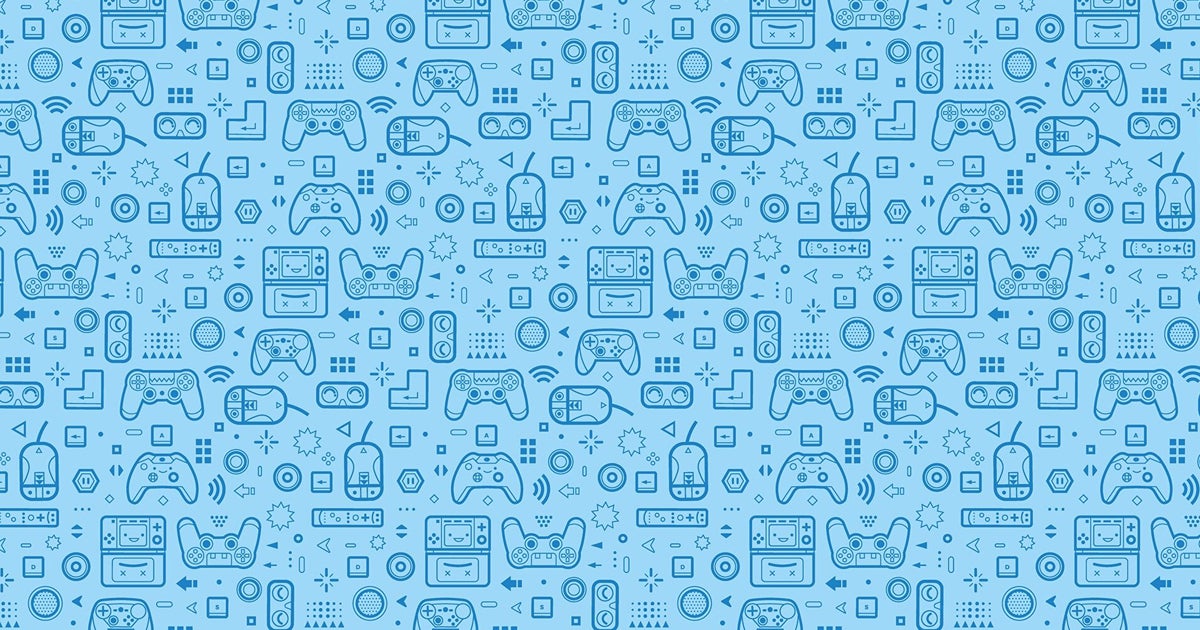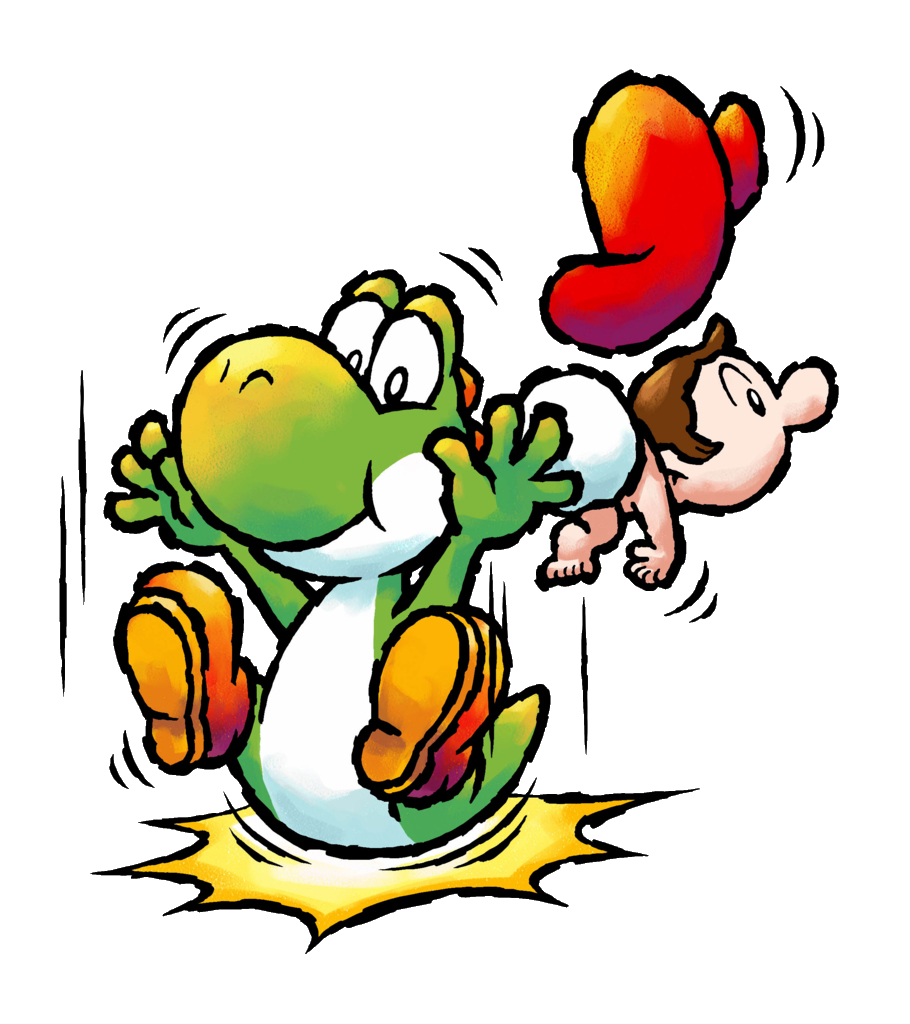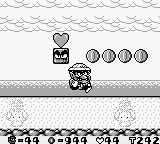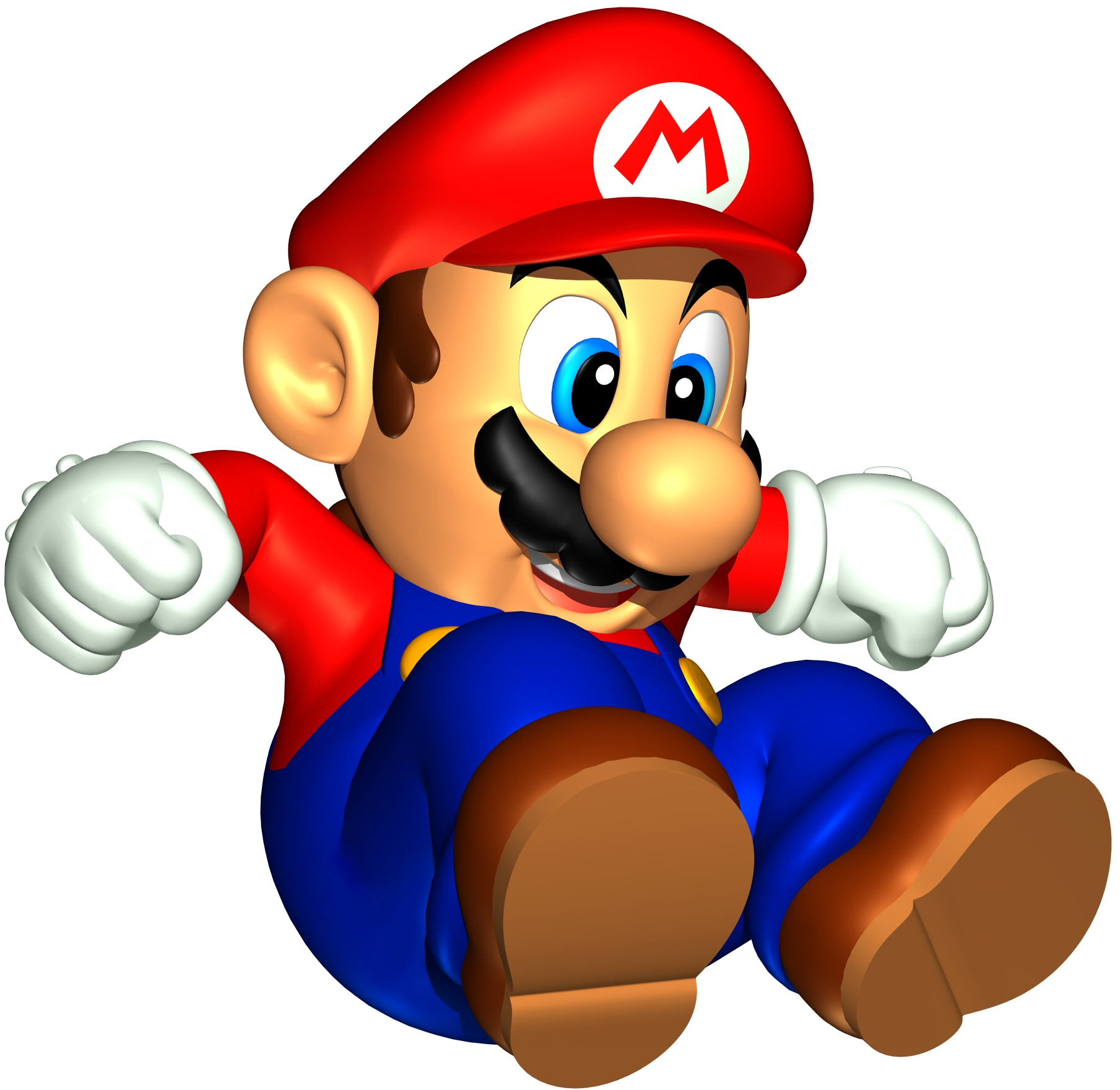- Pronouns
- she/her
- MarioWiki
- Mario
I find it a little weird that practically the entire setting for Battle League is just in a void. Is the audience in that game even real?
the other games at least had a semblance of illusion that you were traveling to other stages
the other games at least had a semblance of illusion that you were traveling to other stages
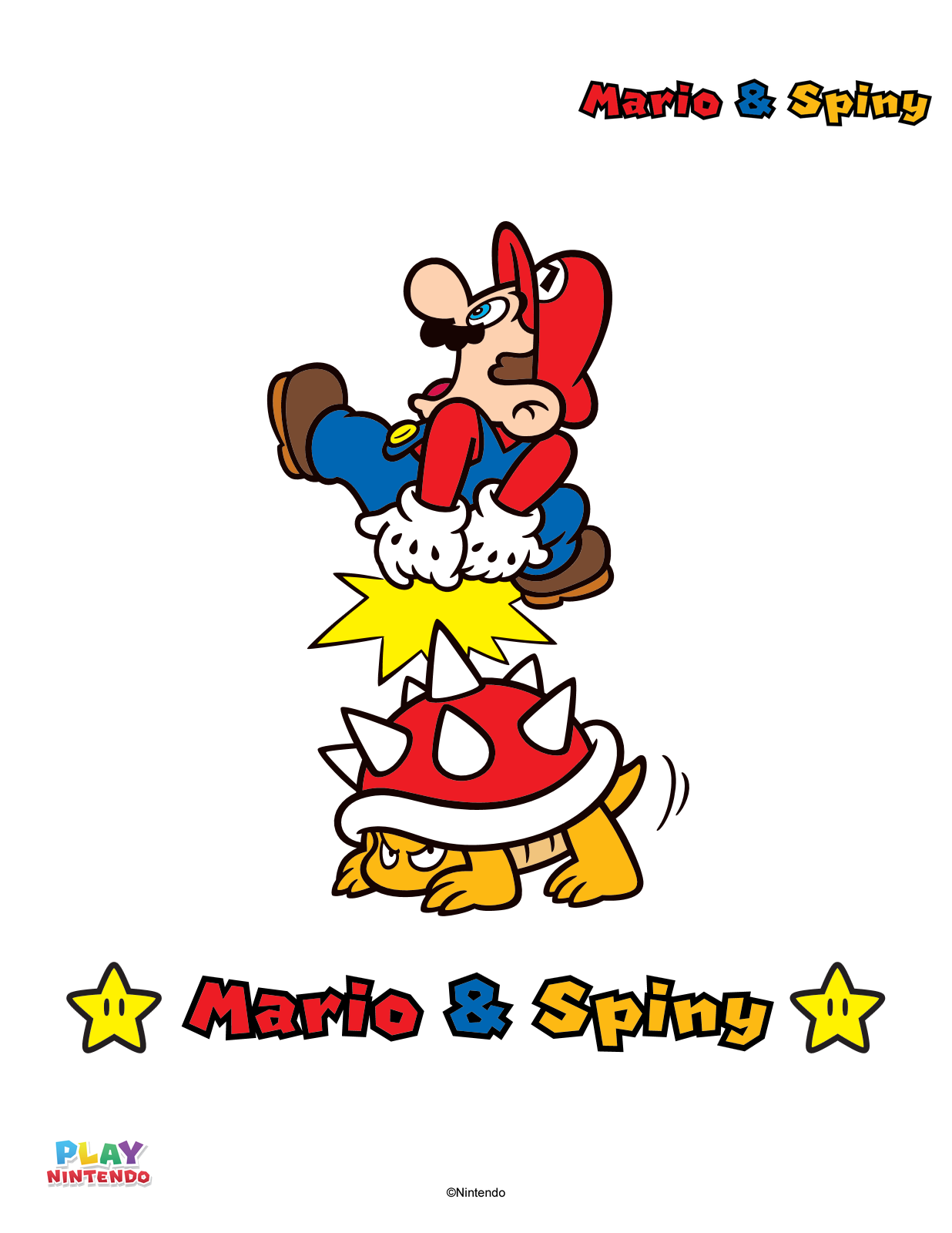
 Mario Bros. on the Famicom
Mario Bros. on the Famicom They should definitely put that singing praise in the back of a box or something in re-releases if that ever happens. That'll lure the fans!
They should definitely put that singing praise in the back of a box or something in re-releases if that ever happens. That'll lure the fans!